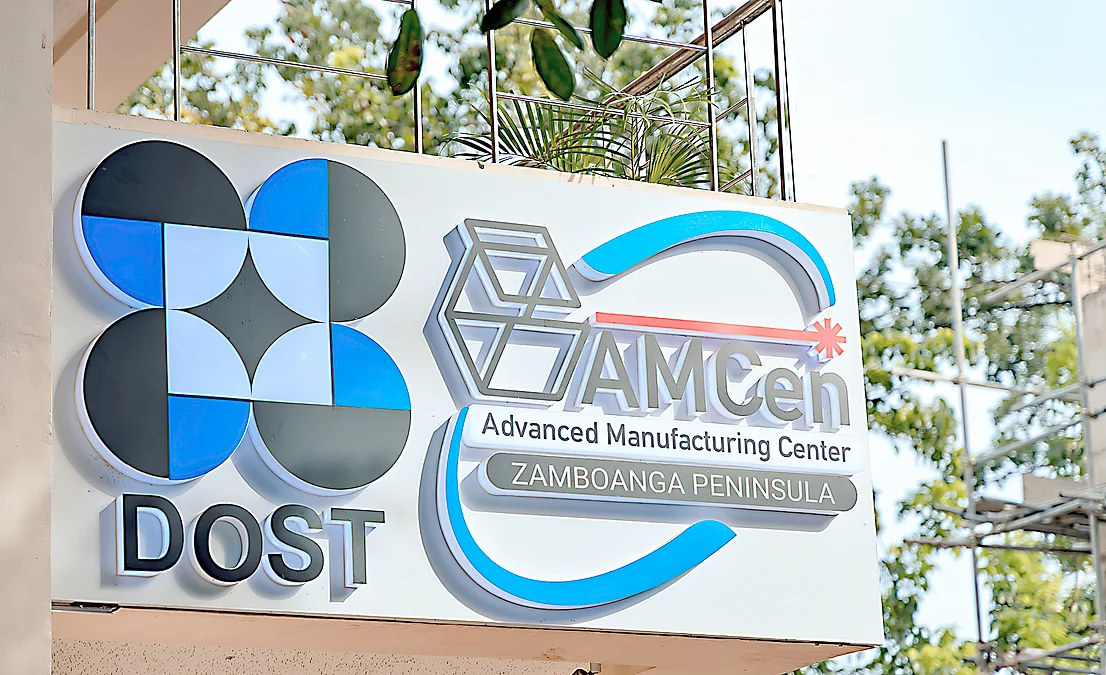
The Department of Science and Technology (DoST) has launched its first Advanced Manufacturing Center (AMCen) in Zamboanga Peninsula, introducing cutting-edge 3D printing technologies that are expected to boost innovation in healthcare, manufacturing, and regional enterprise development.The facility, established through the DoST-Metals Industry Research and Development Center (MIRDC) and DoST-Region 9 in partnership with the Regional Innovation Center for Metals and Engineering (RICME) of Western Mindanao State University, is the ninth AMCen nationwide.“This is our first Advanced Manufacturing Center for Region 9, the one and only for the Zamboanga Peninsula,” said Engineer Kevin Marc Bejerano of RICME. Beyond MSMEs“Our goal extends beyond supporting micro, small and medium enterprises (MSMEs); we aim to drive research efforts among faculty, industry partners, and especially our students,” he added.Initially focused on plastic-based prototypes, the center is set to expand to metal-based 3D printing applications — a move that could open new opportunities for local industries in manufacturing and product design.A major thrust of AMCen in Zamboanga is healthcare innovation. At the Zamboanga City Medical Center, the ADMAM3D laboratory is already using 3D printing to produce customized biomedical devices. Co-founded by Dr. Moritz Soliven, an otorhinolaryngologist, the facility is tackling the shortage of specialized surgical tools and the high cost of imported implants.Lack of specialized surgeons“In our region, one of the major limitations is the lack of specialized surgeons and the availability of highly specialized surgical tools. Many of our patients also cannot afford standard treatments,” Dr. Soliven said.The lab has successfully applied polyether ether ketone (PEEK) — a high-performance thermoplastic — as an alternative to titanium in implants, citing its flexibility, body compatibility, and affordability. “These devices are already being used in real patients, particularly under compassionate grounds. We’ve had patients come from as far as Manila to access this service, as this is currently the only center in the Philippines offering such solutions,” Dr. Soliven added.The initiative is also drawing interest from other medical specialties, with collaborations underway with neurosurgeons and UP-PGH’s thoraco-vascular surgery department. Beyond implants, the team is working on custom orthoses and assisting nursing students in developing medical prototypes.Potential for commercializationAlthough still in the R&D stage with regulatory approvals pending from the Food and Drug Administration and ISO, experts see the potential for eventual commercialization. This could create a new niche market for Philippine-made biomedical devices — offering cost-effective alternatives to imports while fostering regional manufacturing capabilities.



